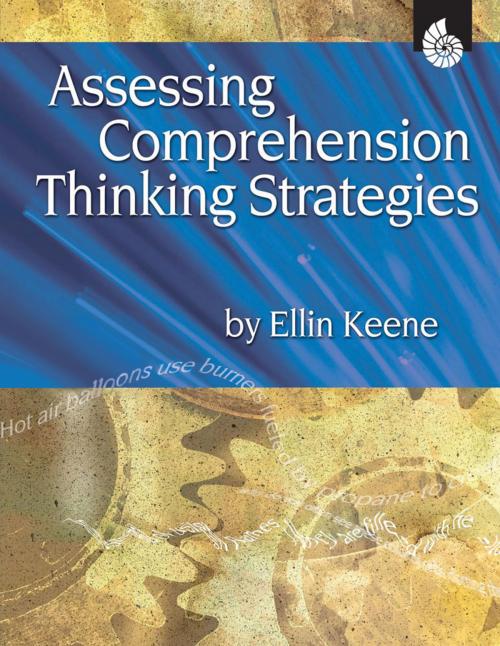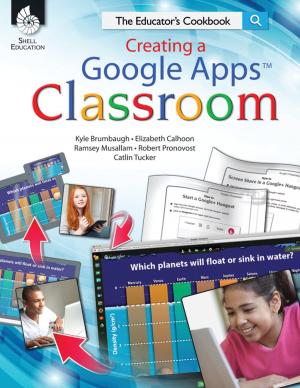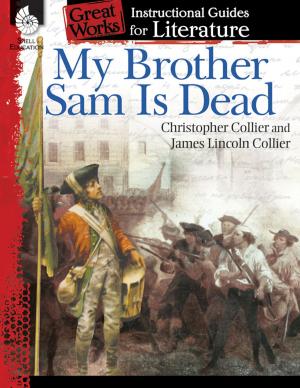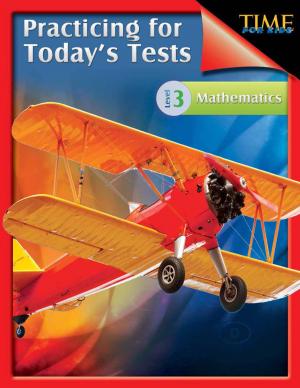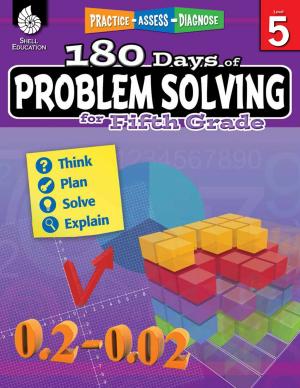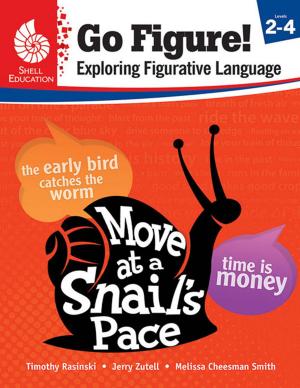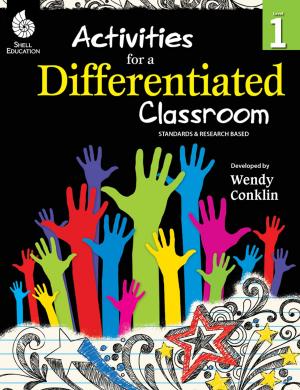Assessing Comprehension Thinking Strategies
Nonfiction, Reference & Language, Education & Teaching, Educational Theory, Testing & Measurement, Elementary, Teaching, Teaching Methods| Author: | Ellin Keene | ISBN: | 9781545700426 |
| Publisher: | Shell Education | Publication: | April 3, 2017 |
| Imprint: | Shell Education | Language: | English |
| Author: | Ellin Keene |
| ISBN: | 9781545700426 |
| Publisher: | Shell Education |
| Publication: | April 3, 2017 |
| Imprint: | Shell Education |
| Language: | English |
Developed by renowned author Ellin Keene, this resource is an ideal tool for assessing students' reading comprehension. This book offers a unique way of assessing how students use thinking strategies to comprehend text and features four reading passages for each grade level (1-8) that offer high-interest fiction and nonfiction text. Each assessment is accompanied by a rubric that allows you to document students' thinking and then score and monitor their growth. Strategies assessed include thinking aloud, using schema, inferring, asking questions, determining importance in text, setting a purpose for reading, monitoring comprehension, visualizing, synthesizing and retelling, and story structure/structural patterns. The assessments can be used in various ways to inform instruction and to assess learning. All passages, assessments, and rubrics are provided in digital format and the assessments and rubrics can be customized. This resource is correlated to the Common Core and other state standards.
Developed by renowned author Ellin Keene, this resource is an ideal tool for assessing students' reading comprehension. This book offers a unique way of assessing how students use thinking strategies to comprehend text and features four reading passages for each grade level (1-8) that offer high-interest fiction and nonfiction text. Each assessment is accompanied by a rubric that allows you to document students' thinking and then score and monitor their growth. Strategies assessed include thinking aloud, using schema, inferring, asking questions, determining importance in text, setting a purpose for reading, monitoring comprehension, visualizing, synthesizing and retelling, and story structure/structural patterns. The assessments can be used in various ways to inform instruction and to assess learning. All passages, assessments, and rubrics are provided in digital format and the assessments and rubrics can be customized. This resource is correlated to the Common Core and other state standards.
